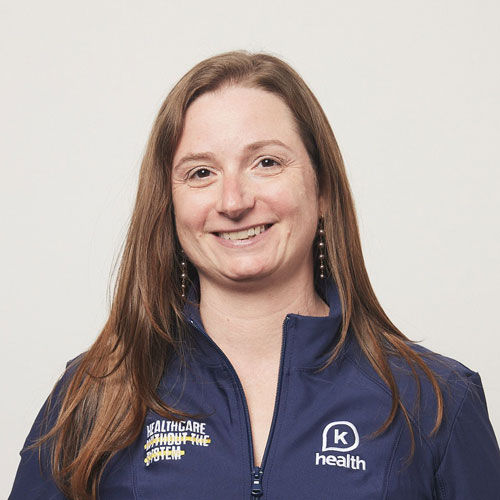What is Lactational Mastitis?
Infective lactational mastitis is a breast infection associated with breastfeeding. Signs and symptoms include redness, breast pain, fever, and muscle aches.
Lactational Mastitis can be treated as follows…
Treatment typically involves:
- Emptying the breast fully (by ongoing breastfeeding, pumping, or hand expression)
- Reducing inflammation by applying cool pack and/or using nonsteroidal anti-inflammatory medications (NSAIDs) like Ibuprofen
- In some cases,oral or intravenous antibiotics is needed.
Next steps
- Make sure to empty your breast, but do not increase the frequency, as that can overstimulate your milk production!
- Use ice packs to reduce inflammation.
- Complete your entire course of the antibiotics exactly as prescribed. Taking a partial course can result in partial treatment of your infection!
- Consider probiotics for yourself, and talk to your pediatrician about probiotics for your baby to prevent unwanted gastrointestinal side effects of the antibiotics.
See a doctor in person if…
- You have a fever above 102 degrees F
- You have shaking chills
- You vomit
Check in with K if…
- You’re not feeling better within 48 hours of starting your medication. Just come back and we will re-evaluate your treatment plan.
Prevention tips…
- Fully drain the milk from your breasts while breastfeeding.
- Allow your baby to completely empty one breast before switching to the other breast during feeding.
- Change the position you use to breastfeed from one feeding to the next.
- Make sure your baby latches on properly during feedings.
- If you smoke, ask your doctor about smoking cessation.
- Check out this site for more information about lactational mastitis
K Health articles are all written and reviewed by MDs, PhDs, NPs, or PharmDs and are for informational purposes only. This information does not constitute and should not be relied on for professional medical advice. Always talk to your doctor about the risks and benefits of any treatment.

 Medically reviewed
Medically reviewed
